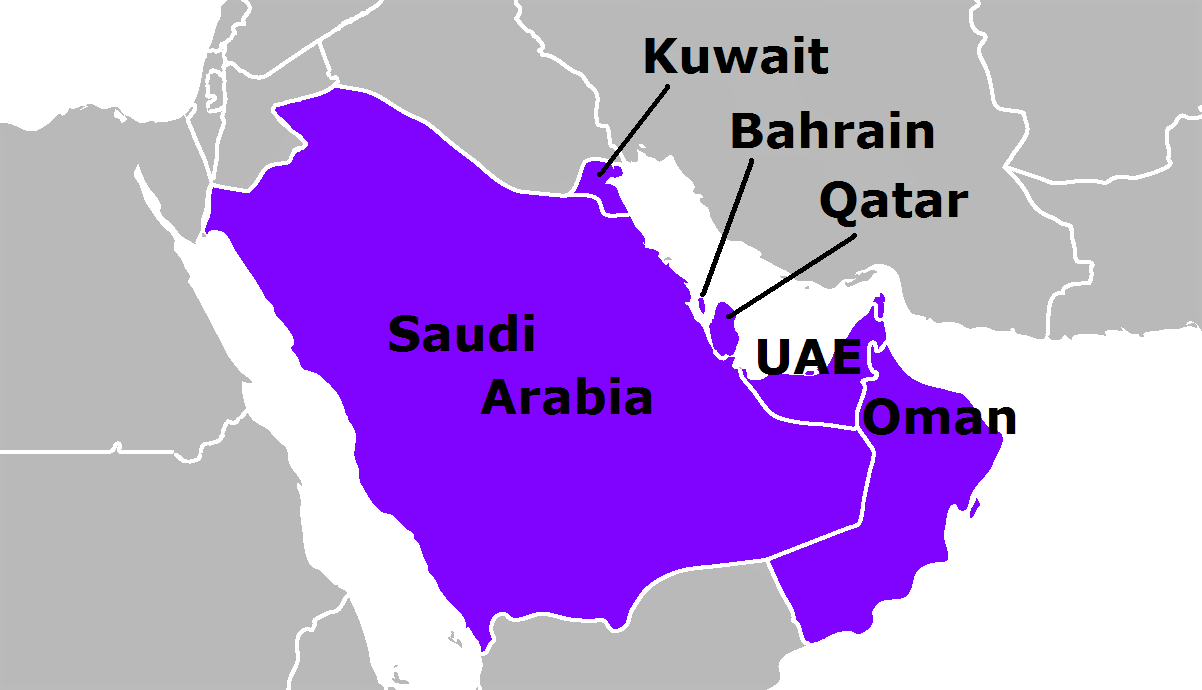Date: April 24, 2025
Research Title: Qatar in Critical Crosscurrents: Conundrums and Truth about Supporting Terrorist Organizations vs. Supporting Counterterrorism Initiatives
Research Thesis: Examine the ramifications and evidence of the allegations about Qatar’s relations with terrorist organizations.
Abridgment from research introduction:
The world is witnessing an unprecedented political turmoil in the Gulf Cooperation Council (GCC) region. There are unfolding explosive political and diplomatic escalations among some countries in the region. Unlike the GCC common denominator in conflict resolution norms, this new perplexing animosity of disagreements flooded to the surface. For decades, the GCC countries have been involved in ongoing disagreements among themselves over different issues. Yet, the current tension between Qatar and its rival countries of Saudi Arabia, United Arab Emirates, Bahrain, and Egypt is distinct from any previous disputes in the region. At this time, the disagreement elevated into security, political, diplomatic, and economic embargo. Furthermore, the explicit accusations that Qatar supports terrorist organizations complicated the diplomatic relationships. As it happened, the implication of contention between Qatar and its regional rivals reached its highest peak. As a result, on June 5, 2017, Saudi Arabia, United Arab Emirates, Bahrain, and Egypt (blockade countries) cut diplomatic ties with the state of Qatar.
In general, the ramifications of the dispute between Qatar and the blockade countries is quite complex. It involves local, national, regional and international factors. Ultimately, the allegations that Qatar supports terrorist organizations have the greatest impact in setting the stage for conflict, and it might have been the spark that set the blaze. The crux of the matter is that the blockade countries are accusing Qatar of supporting terrorist organizations which are threatening their national security. In turn, Qatar is denying the blockade’s allegations categorically. Instead, the Qatari officials claim Qatar supports global counterterrorism initiatives. Certainly, both Qatar and the blockade countries’ claims are perplexing.
It is evident, the state of Qatar is entangled in security, diplomatic, and geopolitical crosscurrents. The essence of this critical predicament is writhing and reeling around the allegations that Qatar supports terrorist organizations. Paradoxically, this terrorist allegation is contrasted by Qatar’s claim of supporting global counterterrorism initiatives. To evoke the truth, this dubious and entangled paradox requires conceptual, practical, and fact verifications. In general, problems among nations and states present themselves in various forms. Often, some of these problems are clear and sometimes are ambiguous without proximity of direct causes or clear precedent. To some extent, the disagreements among states have a degree of complexity that cannot be reasonably grasped, even among the rivals and international experts. In principle, the current dispute between Qatar and its foes resides in the central orbit of national, regional, global, and geopolitical complexities. It is inconclusive to solely grasp such complexities via unverified accusations, naive nationalistic zeal, a quixotic mist of nostalgia, and tradition or deformed historical experiences. In essence, the allegation that Qatar supports terrorist organizations requires modus operandi to grasp its reality. Literally, it demands sufficient knowledge and apparatus applicable to the designated terrorism issue and its intended end. In this respect, theory, hypothesis, meticulous research, and fact verifications must be applied to the competing claims of Qatar and its foes.
The assertion that Qatar supports terrorist organizations is puzzling. At the same time, the idea that Qatar is supporting global counterterrorism initiatives is debatable. In principle, where is the truth? Does Qatar support terrorist organizations that jeopardize other countries national security and political stability? Or does Qatar support global counterterrorism initiatives? This research seeks to reveal the facts about the allegation of whether Qatar supports terrorist organizations or Qatar supports global counterterrorism initiatives. Perhaps, the burden of proof of any claim of terrorism support is a herculean task. However, the truth will emerge, when the inherent theory is examined, a delicate methodology is applied, the evidence is collected and critically analyzed.
Certainty is the panacea for doubt. When disagreements poison our minds and thoughts, often, falsity, mendacity, and distortion of facts are the roots of all confusions. In this respect, when prejudices and rivalry mist the mode of thinking and judgments, the fact is the preferable remedy for inherited incertitude. Examined fact, indeed, is the key to the promised land of truth which is ever stretched before the eyes of wearied humanity. In practical, the realization of such reality requires shrewd ideas, sound theory, tested methodology, rigorous investigation, and exhortation to facts. Certainly, facts will land us in the shore of certitude, confidence, and illuminate our understanding and judgments. The realization of the truth is the endeavor of this research. In essence, the intention of this research is to reveal the facts and makes the contribution to the understanding of the dispute between Qatar and its regional adversaries. The findings of this research will be valuable to policymakers, politicians, academics, pundits, activists, and the public.
Note: To participate in this research please contact Alicia Adams at key@thekeyresearch.org
Disclaimer: This research outline is produced and owned by The Key Research Center. It is intended for specific and confidential purposes. Therefore, it is not permitted to be used, shared, or disseminated to anyone whom not intended to receive this research outline.
